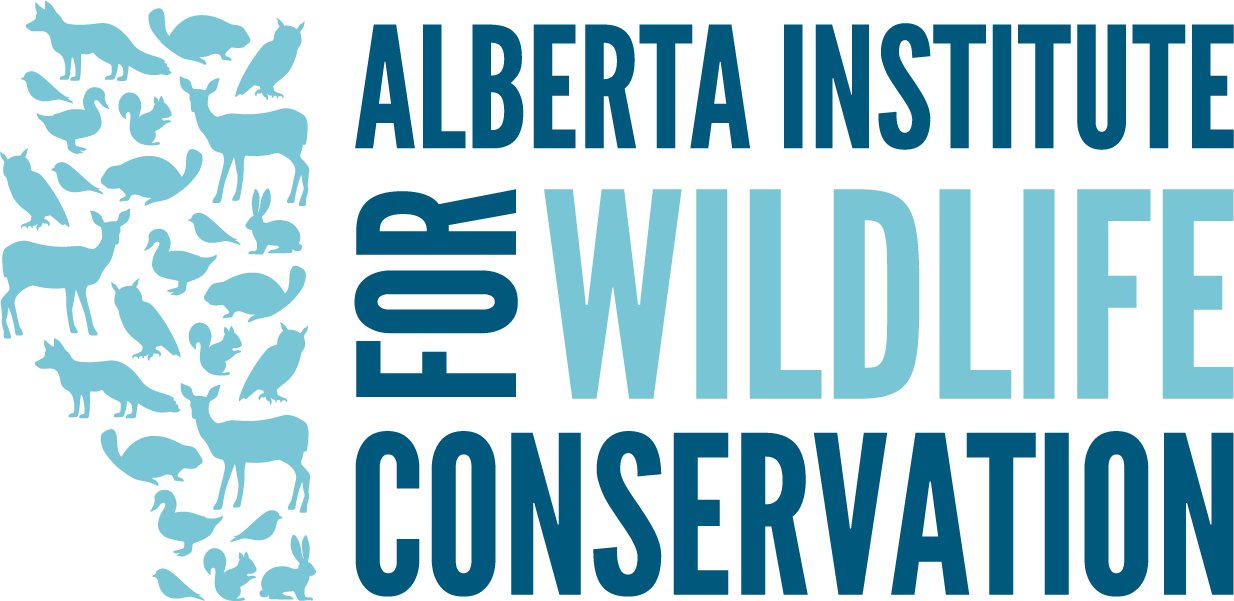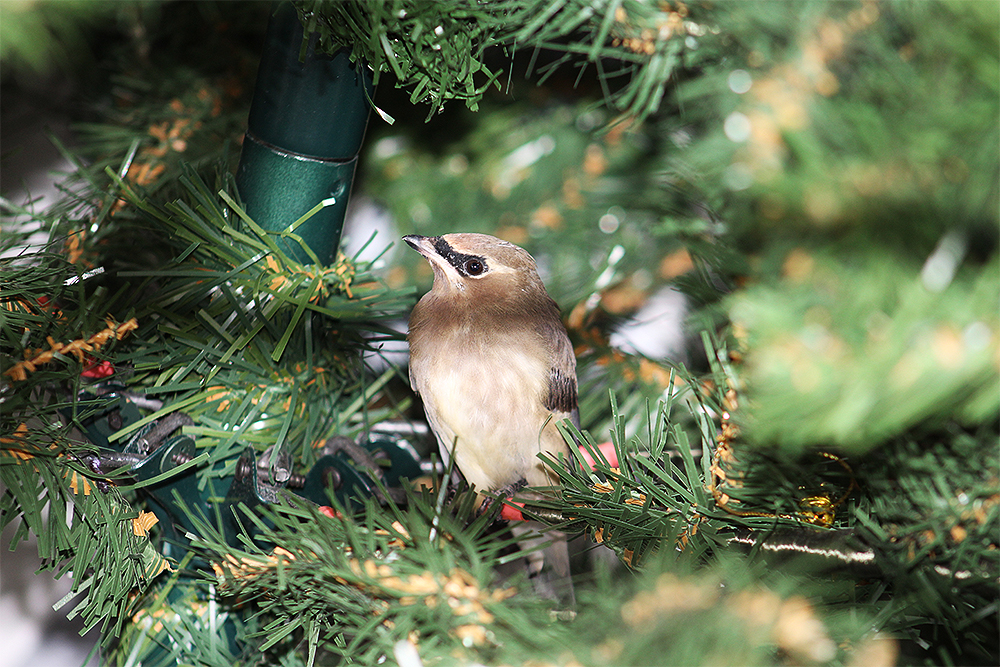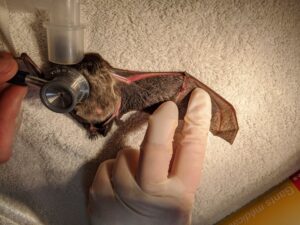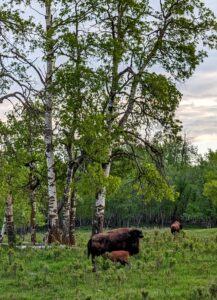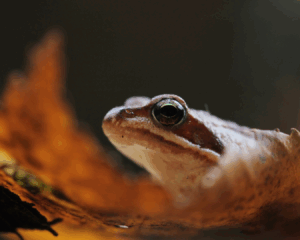With the first day of winter only two days away, it’s the perfect time of year to do cozy activities indoors. But what about those creatures who don’t have a heated, warm home to relax in? How do they cope with the frigid weather?
In order to survive Alberta’s harsh winters, many creatures enter a state of energy conservation that allows them to slow down their body so that they can survive the winter, when food is scarce.
There are three types of hibernation: true hibernation, brumation and torpor.
True hibernation is characterized by slow breathing, a low heart rate, a low metabolic rate and body temperature. An animal in true hibernation will not wake up if there is a loud noise, or if they are touched. Groundhogs and certain bats typically go into true hibernation.
Brumation is a state similar to hibernation that reptiles and amphibians enter when the weather turns cool. Creatures in brumation may wake up to drink water and shift positions, before returning to sleep. The Northern leopard frog is an example of an animal that goes into brumation (Nature Canada).
Torpor is a light form of hibernation. Torpor lasts for short periods of time, allowing animals to wake up during warmer days. While many believe that bears go into true hibernation, they only go into torpor (Science World).
Some animals are so well-adapted to the cold that they can survive the winter without going into hibernation or torpor. Beavers, for example, use the insulating snow to their advantage, and grow thicker coats in the winter. Moose work hard in the autumn to store large quantities of fat and conserve their energy by moving as little as possible (Nature Canada).
Be sure to take advantage of this beautiful season and get outside and experience Alberta’s majestic winter, and the next time you do, pay attention! You never know who, or what, may be resting cozily nearby!
Resources:
“How Canadian Wildlife Survives Winter” www.naturecanada.ca, December 18, 2017: https://www.discoverwildlife.com/british-wildlife/how-tell-torpor-hibernation
“Do bears actually hibernate?” www.scienceworld.ca, December 18, 2017: https://www.scienceworld.ca/blog/do-bears-actually-hibernate
